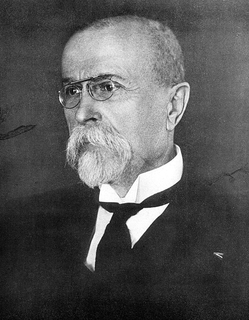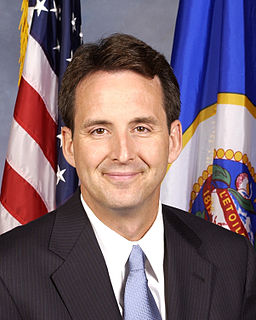Цитата Льва Толстого
Под патриотизмом понимается не только стихийная, инстинктивная любовь к своей нации и предпочтение ее перед всеми другими нациями, но и вера в то, что такая любовь и предпочтение хороши и полезны.
Связанные цитаты
Патриотизм есть «совершенно определенное чувство предпочтения своего народа или государства всем другим народам и государствам и вытекающее из этого желание получить для этого народа или государства величайшие преимущества и власть, какие только можно получить, — то, что достижимо лишь при за счет преимуществ и могущества других народов или государств».
Из поступков одни стремятся к тому, что нужно и полезно, а другие к тому, что почетно. И предпочтение, отдаваемое тому или иному роду действий, необходимо должно быть подобно преимуществу, отдаваемому той или иной части души и ее действиям перед другой; должна быть война ради мира, дела ради досуга, полезные и необходимые дела ради дел почетных.
Мы всегда будем незначительным меньшинством в мире, но когда маленький народ достигает чего-то своими ограниченными средствами, то то, что он делает, имеет огромную и исключительную ценность, как лепта вдовы. Меня привлекает преднамеренная и проницательная любовь к нации, а не любовь без разбора, которая предполагает, что все правильно, потому что носит национальный ярлык. Любовь к своему народу не должна влечь за собой нелюбви к другим народам. Учреждений самих по себе недостаточно.
Причина всех промахов, совершаемых человеком, проистекает из этого чрезмерного себялюбия. Ибо любящий ослеплен любимым объектом; так что он неправильно судит о том, что справедливо, хорошо и прекрасно, думая, что всегда должен чтить то, что принадлежит ему, а не истине. Ибо тот, кто хочет быть великим, не должен любить ни себя, ни свои вещи, а только то, что справедливо, независимо от того, сделано ли это им самим или кем-то другим.
Каждый человек несет в себе особый для него страх. Один человек боится тесноты, а другой боится утонуть; каждый смеется над другим и называет его глупым. Таким образом, страх есть только предпочтение, которое следует считать таким же, как предпочтение той или иной женщины, или баранины свинине, или капусты луку.
Любовь к чтению — это приобретенный вкус, а не инстинктивное предпочтение. Привычка к чтению формируется в детстве; и вкус ребенка к чтению формируется в правильном или неправильном направлении, пока он находится под влиянием родителей; и они несут прямую ответственность за формирование и развитие этого вкуса.
Никогда не имейте ничего общего с симпатиями и антипатиями. Отсутствие того, что нравится, болезненно, как и присутствие того, что не нравится. Поэтому не привязывайтесь ни к чему. Потерять то, что нравится, тяжело, но нет уз для тех, у кого нет симпатий и антипатий. Из предпочтения возникает печаль, из предпочтения возникает страх, но у того, кто свободен от предпочтения, нет ни печали, ни страха.




































